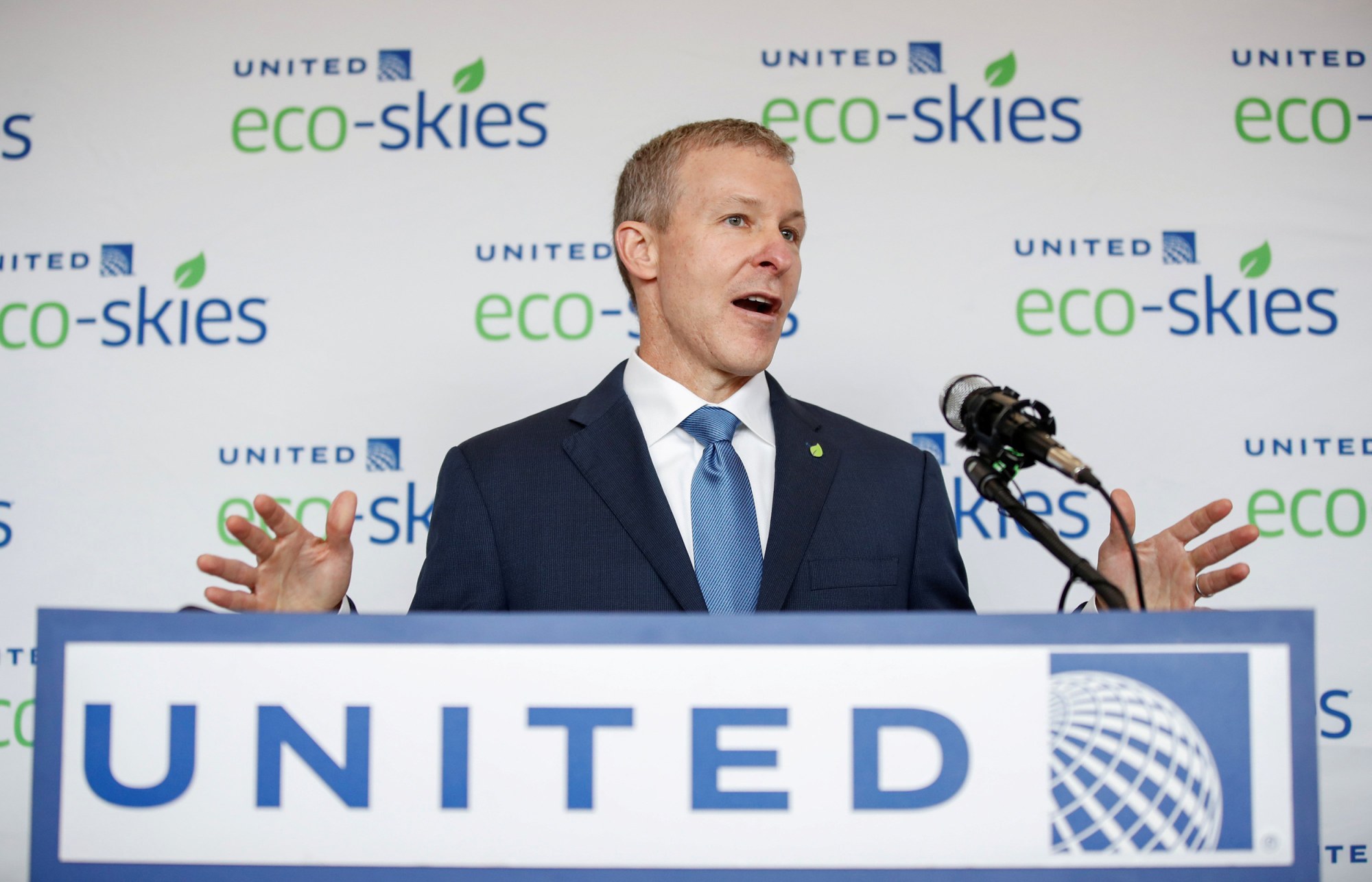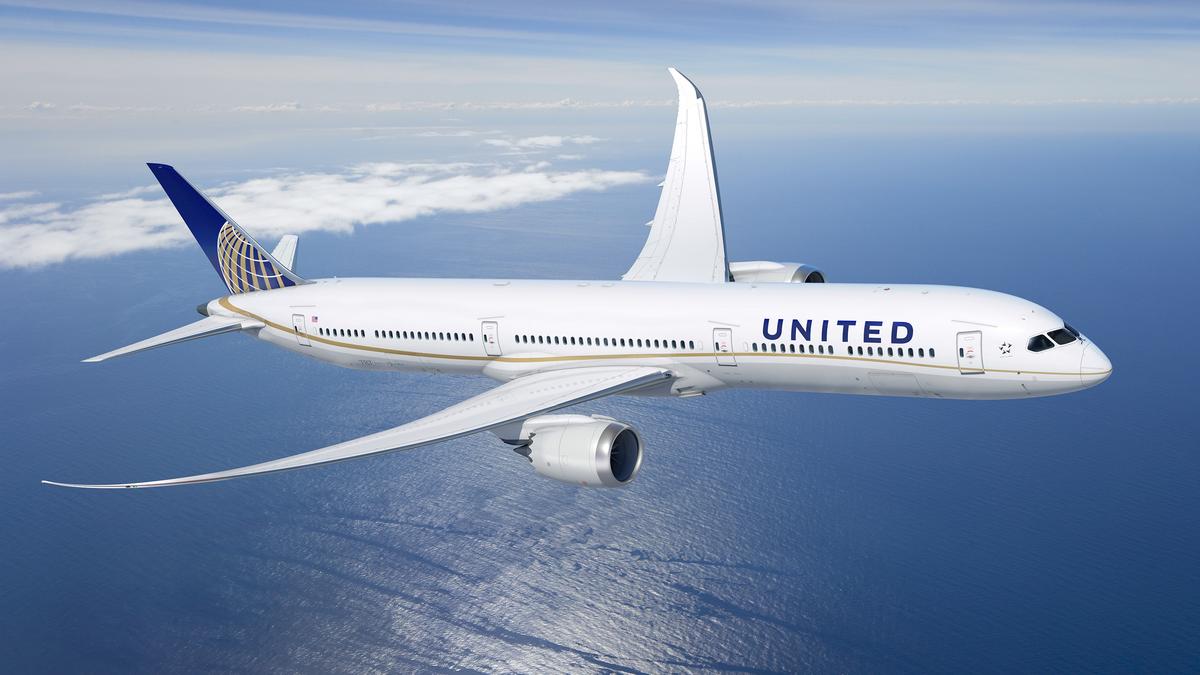United Airlines was the first to announce the end of change fees.
Until the coronavirus pandemic brought airlines around the world to their knees, they had been raking in billions of dollars in ancillary fees, which had been increasingly added (and the fees incrementally raised) since the industry’s last major downturn around 2008.
Easily among the most hated added fee was the steep charge levied to change a ticket, either a date, a time, or a name. Critics contended that for something that typically just required a few simple keystrokes, airlines were charging far, far above their actual costs. Indeed, changing or cancelling a domestic flight ticket in the US could cost as much as $200.
One major US carrier, Southwest Airlines, has long set itself apart by charging no fees for the first two checked bags and never charging fees to change or cancel a flight. In fact, if passengers need to cancel their flight, they can use the full value of the fare against a future flight for up to a year. Southwest CEO Gary Kelly says this policy (which is unsurprisingly popular with the airline’s loyal passengers) has helped the carrier attract and retain more business.
Still, though, United Airlines alone has pulled in some $6.5 billion in change fees since 2010. That’s a staggering amount of cash to walk away from, and underscores just what a paradigm-shifting event Covid-19 has been. The major US carrier was the first to announce that it was permanently scrapping most of its change fees.
The policy changes come as United and other airlines are desperately seeking to lure people back to the skies, despite the still-ongoing pandemic. Air travel in the US has rebounded slightly since its collapse in April, but passenger traffic remains down some 70 percent from a year ago.

“Change is inevitable these days — but it’s how we respond to it that matters most,” said Scott Kirby, CEO of United Airlines, in a video message to its customers. “When we hear from customers about where we can improve, getting rid of this fee is often the top request.”
Referencing the period following the 9/11 terrorist attacks, when airlines implemented more restrictions on passengers, United said it had learned from its past mistakes. “Following previous tough times, airlines made difficult decisions to survive, sometimes at the expense of customer service,” Kirby noted. “United Airlines won’t be following that same playbook as we come out of this crisis. Instead, we’re taking a completely different approach — and looking at new ways to serve our customers better.”

So at least for its domestic network, change fees are officially a thing of the past for United Airlines, a move that’s sure to get plenty of enthusiastic applause from the flying public.
Two questions, though: Will it be enough of an incentive for people to book flights, and will more airlines follow suit? The answer to the latter question came within hours of United’s announcement.
Oftentimes in the hypercompetitive air travel industry, when one airline implements a new policy, particularly regarding fees, many other airlines do the same. United’s welcome new policy put immediate pressure on the US’s other two major carriers, American and Delta, to abolish their own exorbitant change fees, as well. Perhaps rather predictably, both airlines did exactly that, announcing within 24 hours of United that they, too, were scrapping their change fees.

So now, all of the four largest airlines in the US, which collectively account for about 80% of all air travel in the country, have no change fees. Industry experts say smaller US airlines will now have virtually no choice but to follow suit.
In fact, this is one instance when we’d love to see airlines worldwide play copycat!
"ExpatGo welcomes and encourages comments, input, and divergent opinions. However, we kindly request that you use suitable language in your comments, and refrain from any sort of personal attack, hate speech, or disparaging rhetoric. Comments not in line with this are subject to removal from the site. "


















